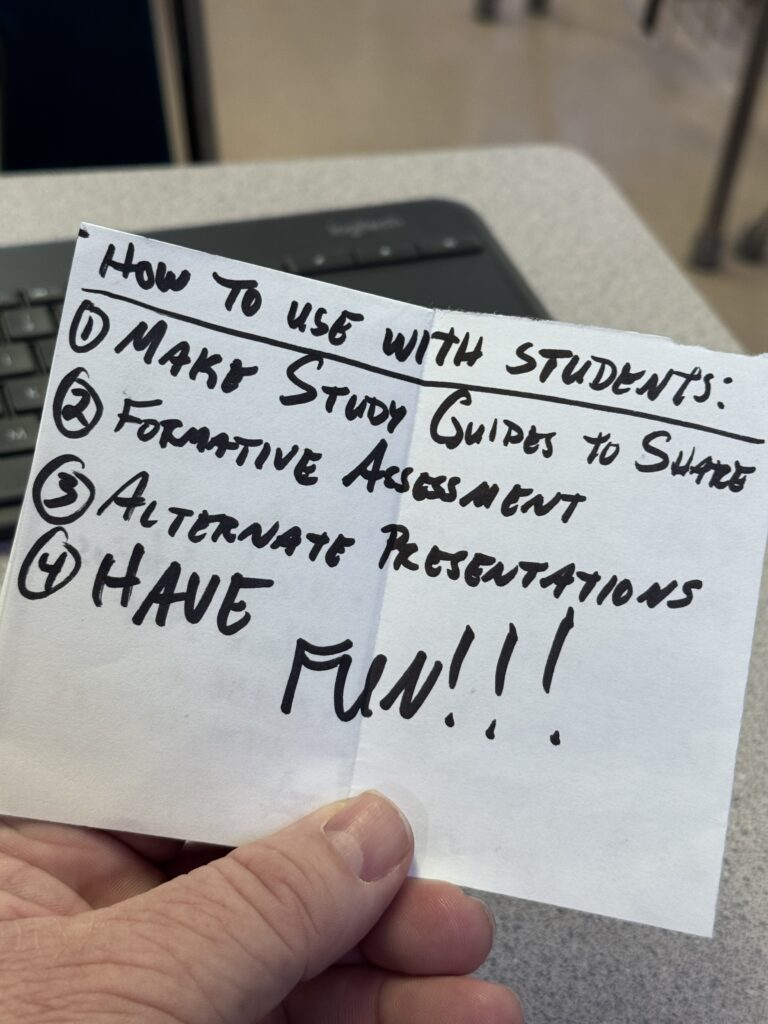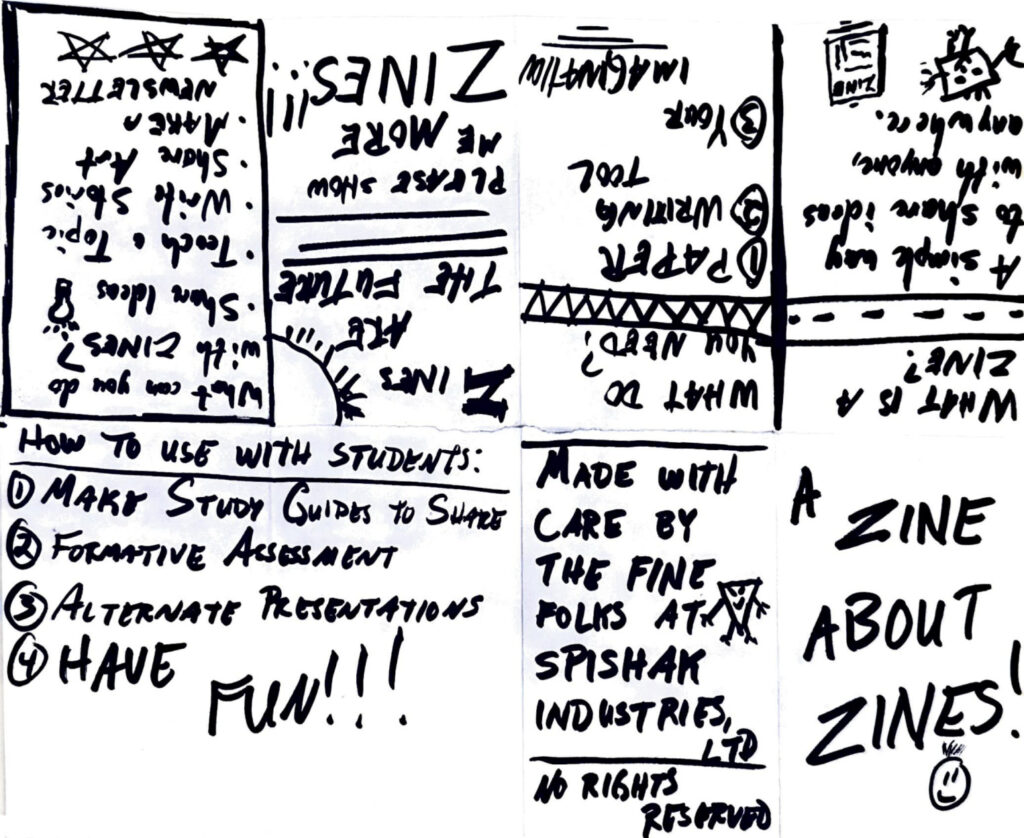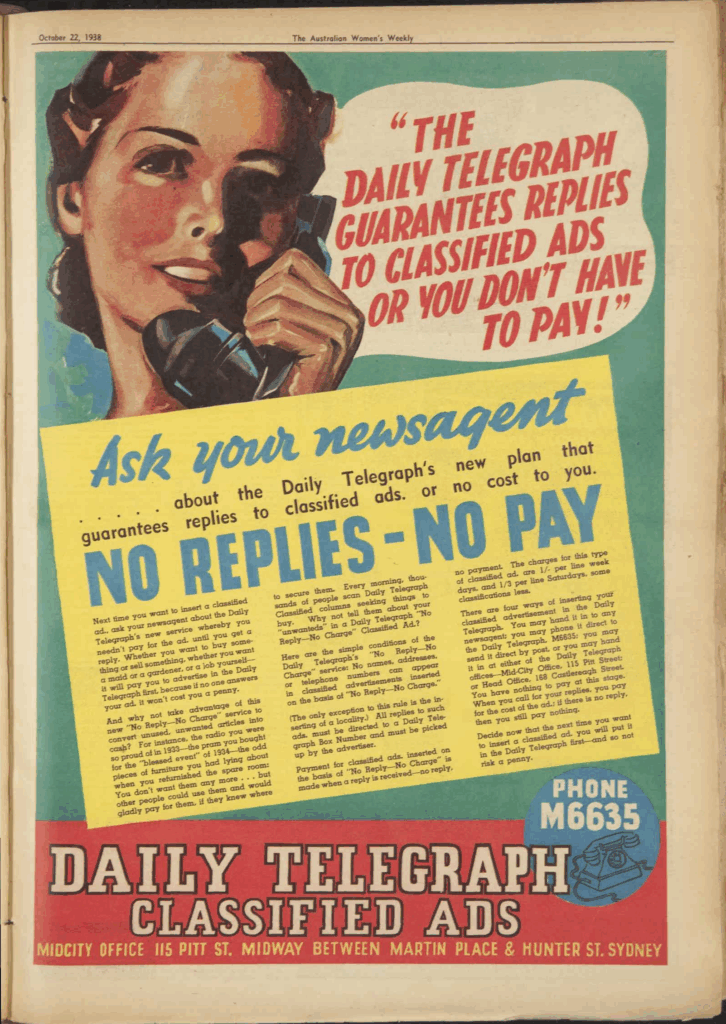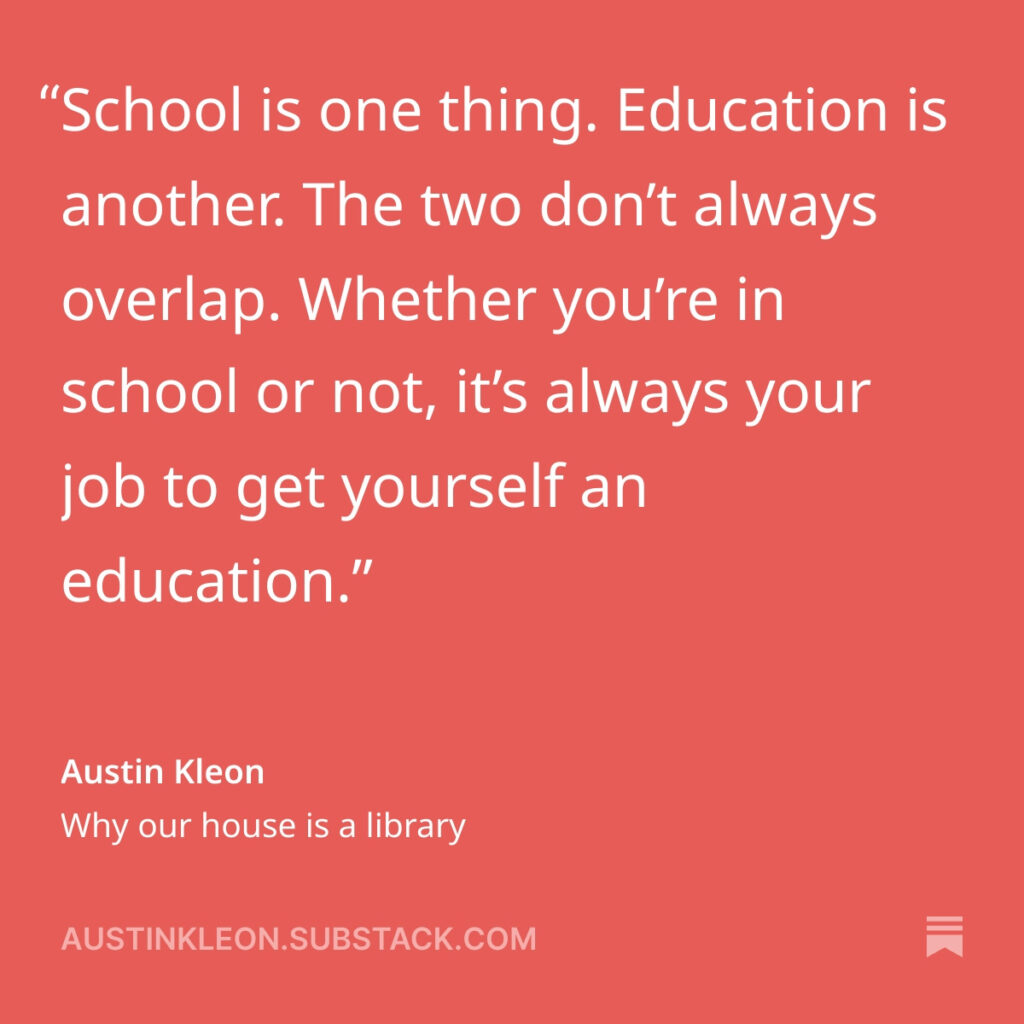
- Illustrative Math’s CEO on What Went Wrong in NYC and Why Pre-K Math is Up Next – Illustrative Mathematics created a K-12 math curriculum used in many U.S. schools, but its rollout in New York City faced challenges due to implementation issues. The curriculum encourages students to think about problems before teachers explain solutions, blending direct teaching with student exploration. The organization is now focusing on early math by developing a pre-K curriculum to help students succeed from the start.
- Mark Rober’s underwater search for a flooded Gold Rush mining town – (This is so FREAKING cool) Mark Rober used sonar and a small submarine to search for a flooded Gold Rush town under Folsom Lake in California. The town was covered by water after a dam was built in 1955. Despite challenges, the team found interesting shapes and objects on the lakebed.
- D’Angelo: 14 Essential Songs – D’Angelo was a talented soul singer, songwriter, and producer known for his unique style and deep musicianship. He released three important albums blending soul, funk, jazz, and hip-hop, influencing the neo-soul movement. Despite personal struggles, his music remains powerful and full of emotion, exploring love, pain, and social issues.
The Eclectic Educator is a free resource for everyone passionate about education and creativity. If you enjoy the content and want to support the newsletter, consider becoming a paid subscriber. Your support helps keep the insights and inspiration coming!







![Family on Smith's Plantation, Beaufort, South Carolina, circa 1862. Image courtesy of the Library of Congress and learnnc.org. [1]](https://mikepaul.com/wp-content/uploads/2025/08/family-of-african-american-slaves-on-smiths-plantation-beaufort-south-carolina-e835a0.jpg)
